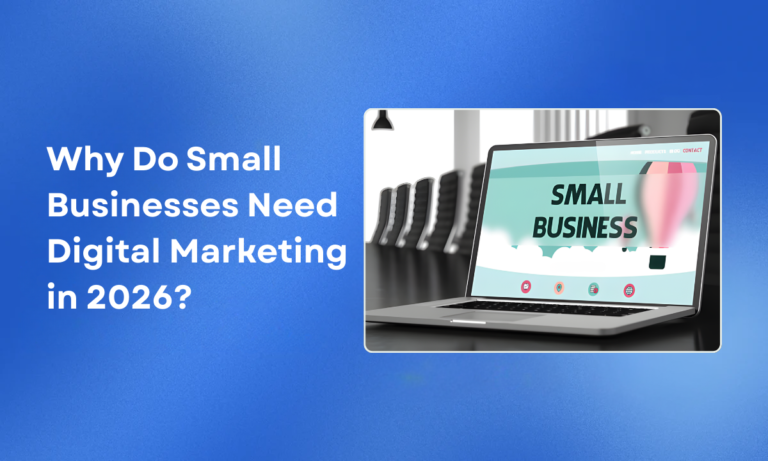Introduction:
Keyword research is the foundation of any successful SEO strategy. Whether you’re aiming to rank higher in search engines or drive more targeted traffic to your website, understanding the right keywords is essential. This guide will walk you through the steps to master keyword research, helping you lay the groundwork for long-term SEO success.
What is Keyword Research?
Keyword research is the process of identifying the terms and phrases people use when searching for information related to your business. These keywords guide your content creation and optimization efforts, helping you align your site with what users are looking for.
Why Keyword Research Matters
Effective keyword research can transform your SEO strategy. Here’s why it’s crucial:
- Increased Visibility: By targeting keywords that are relevant to your audience, you can ensure your website ranks for terms your potential customers are searching for.
- More Targeted Traffic: Keywords help attract users who are actively looking for products or services similar to yours, improving your chances of conversion.
- Better Content Strategy: Understanding what people search for allows you to create content that directly addresses their needs and questions, making it more likely they will engage with your site.
Steps to Mastering Keyword Research
Mastering keyword research doesn’t have to be complicated. Follow these steps to get started:
1. Understand Your Audience
Start by defining your target audience. Understand their needs, preferences, and the language they use. This will guide you in selecting keywords that resonate with them.
2. Use Keyword Research Tools
Keyword research tools like Google Keyword Planner, Ahrefs, SEMrush, and Ubersuggest can provide valuable insights into search volume, competition, and keyword suggestions. Use these tools to gather a list of potential keywords.
3. Analyze Search Intent
Not all keywords are created equal. They fall into three categories based on search intent:
- Informational: Users are looking for information (e.g., “How to bake a cake”).
- Navigational: Users are searching for a specific website (e.g., “Facebook login”).
- Transactional: Users are ready to make a purchase (e.g., “buy running shoes”).
Make sure to target a mix of these intents, focusing on transactional keywords for higher conversion potential.
4. Focus on Long-Tail Keywords
Long-tail keywords are longer, more specific search phrases that often have less competition. For example, “best vegan chocolate cake recipe” is a long-tail keyword compared to “chocolate cake recipe.” These keywords may drive fewer searches, but they tend to attract more qualified leads.
5. Analyze Competitors
Check the keywords your competitors are ranking for. Tools like Ahrefs and SEMrush allow you to analyze their backlink profiles and keyword strategies, helping you discover gaps and opportunities to rank for similar terms.
6. Evaluate Keyword Metrics
Once you have a list of potential keywords, evaluate them using these key metrics:
- Search Volume: The number of searches for a keyword each month.
- Keyword Difficulty: A score that indicates how competitive a keyword is to rank for.
- CPC (Cost per Click): The average cost advertisers are paying for a keyword in paid search results.
Look for a balance of high search volume and manageable competition to target the most valuable keywords.
Types of Keywords to Target
Different types of keywords will have varying levels of effectiveness depending on your business and goals. Here’s a breakdown of the most important types to consider:
1. Short-Tail Keywords
These are broad and typically one or two words in length (e.g., “SEO”). They tend to have high search volume but are highly competitive.
2. Long-Tail Keywords
These keywords are more specific and usually have lower search volume but can result in more qualified leads (e.g., “best SEO company in Bangalore”).
3. Local Keywords
If your business serves a specific geographic area, targeting local keywords is essential. This helps you show up in local search results and attract nearby customers (e.g., “SEO services in Whitefield”).
4. Seasonal Keywords
Some keywords are relevant only during certain times of the year (e.g., “Christmas gift ideas”). Targeting these can boost your traffic during peak seasons.
How to Use Keywords Effectively
Once you’ve chosen your keywords, it’s time to use them effectively. Here are a few tips:
- Include Keywords in Titles and Meta Descriptions: Make sure your target keywords appear in key places like the title tag, meta description, and URL.
- Create Quality Content: Keyword optimization shouldn’t come at the cost of content quality. Focus on creating helpful, informative content that addresses the searcher’s intent.
- Use Keywords Naturally: Avoid keyword stuffing, which can harm your SEO. Use keywords in a way that reads naturally and adds value.
- Optimize for Featured Snippets: Featured snippets appear at the top of search results. Structure your content in a way that answers common questions and increases the likelihood of being featured.
Common Keyword Research Mistakes to Avoid
Here are some mistakes to avoid when conducting keyword research:
- Ignoring Search Intent: Not considering the user’s intent behind a search can lead to targeting irrelevant keywords.
- Focusing Too Much on Search Volume: High-volume keywords are competitive and may not always convert. It’s better to focus on a mix of high-volume and long-tail keywords.
- Not Monitoring Keyword Performance: Keyword trends can change over time. Regularly check how your keywords are performing and adjust your strategy accordingly.
Conclusion
Keyword research is a critical part of your SEO strategy. By understanding your audience, using the right tools, and focusing on both short- and long-tail keywords, you can drive more targeted traffic to your website. Whether you’re new to SEO or looking to improve your current strategy, mastering keyword research will help you stay ahead of the competition and achieve your business goals.





